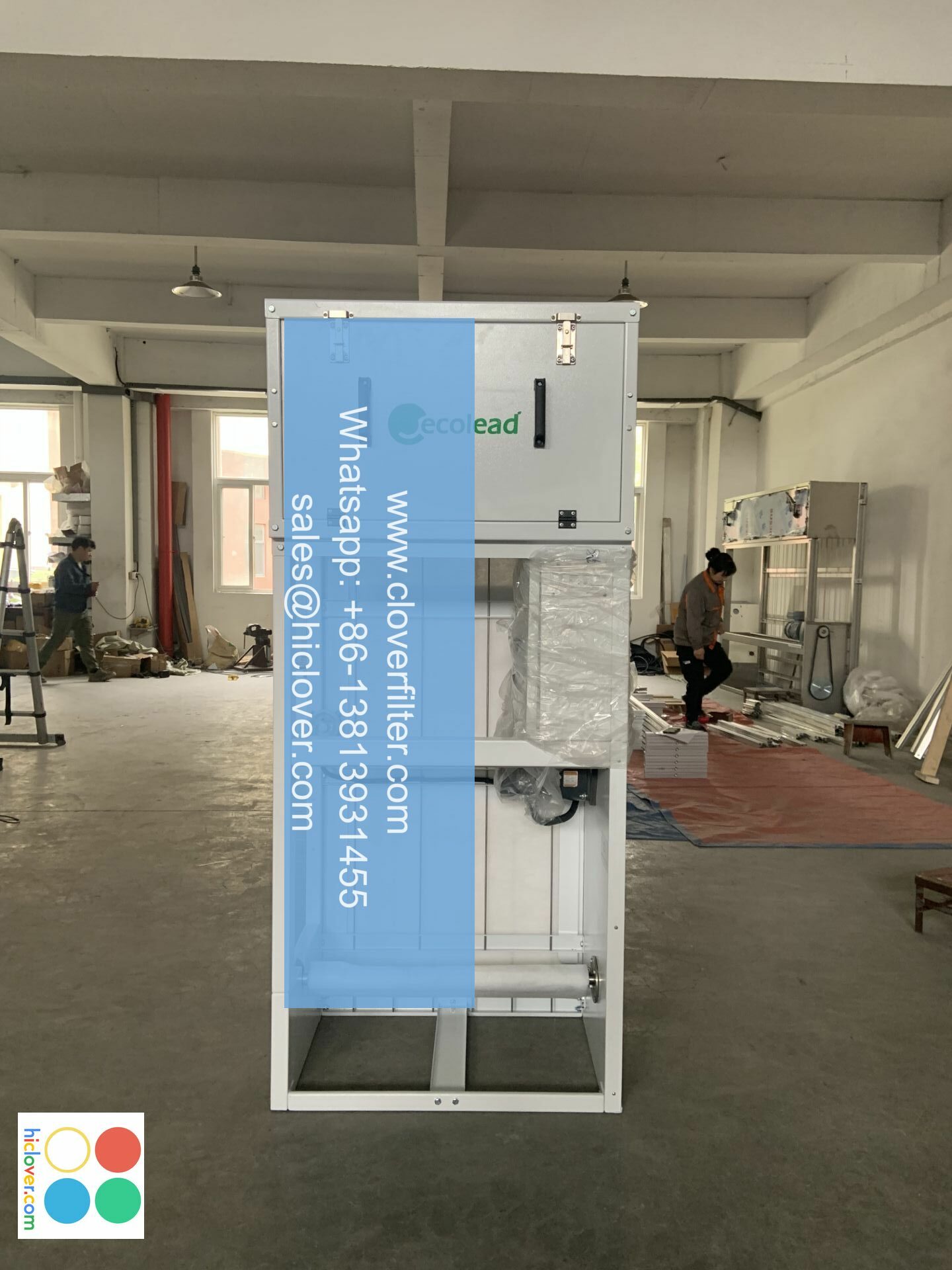The Dual Impact of High-Efficiency HVAC Filters
Heating, Ventilation, and Air Conditioning (HVAC) systems are pivotal for maintaining indoor comfort, but they also account for a significant portion of energy consumption. High-efficiency HVAC filters offer a dual benefit: reducing energy costs while improving indoor air quality (IAQ). By balancing advanced filtration with optimized airflow, these filters have become essential for homes, businesses, and industrial facilities.
How High-Efficiency Filters Work
High-efficiency filters, rated by Minimum Efficiency Reporting Value (MERV) or HEPA standards, capture tiny airborne pnewss like dust, pollen, and bacteria. Unlike low-MERV filters, they trap contaminants without significantly restricting airflow. This reduces strain on HVAC components like the blower motor, enhancing system efficiency and lowering energy use.
Reducing Energy Bills with Optimized Airflow
Conventional filters may clog quickly, forcing HVAC systems to work harder and increasing energy consumption. High-efficiency filters minimize airflow resistance while capturing pollutants, ensuring the system runs smoothly. Studies show that upgrading to a MERV 13+ filter can reduce energy bills by up to 15% by shortening HVAC runtime and stabilizing temperatures.
Boosting Indoor Air Quality
High-efficiency filters excel at removing allergens, mold spores, and volatile organic compounds (VOCs). Specialty filters with activated carbon layers neutralize odors and chemicals, making them ideal for urban areas or industrial settings. This is critical for spaces like hospitals, schools, and homes with allergy-prone occupants.
Key Application Areas for High-Efficiency Filters
1. Residential Homes
Improve air quality for families, especially those with asthma or allergies. Energy savings offset the slightly higher upfront cost of filters.
2. Commercial Spaces
Offices and retail environments benefit from cleaner air and lower utility costs. Enhanced IAQ also boosts employee productivity.
3. Healthcare Facilities
Hospitals and labs require sterile environments. HEPA-grade filters eliminate pathogens and protect vulnerable patients.
4. Industrial Settings
Manufacturing plants use these filters to capture particulate matter and fumes, meeting regulatory standards while safeguarding equipment.
5. Hospitality and Education
Hotels and schools rely on high-efficiency filters to ensure guest comfort and student health, reducing absenteeism from airborne illnesses.
Choosing the Right Filter
Select a filter based on MERV rating, system compatibility, and specific air quality needs. Higher MERV (13–16) filters are ideal for trapping pathogens but require HVAC compatibility. Regular filter maintenance, including timely replacements, ensures sustained performance.
www.southclover.com
Investing in high-efficiency HVAC filters delivers long-term savings and healthier indoor environments. Whether in homes, hospitals, or factories, these filters optimize energy use while combating pollution and allergens. By selecting the right filter and maintaining it properly, users achieve a win-win of cost efficiency and cleaner air.

Comments are closed